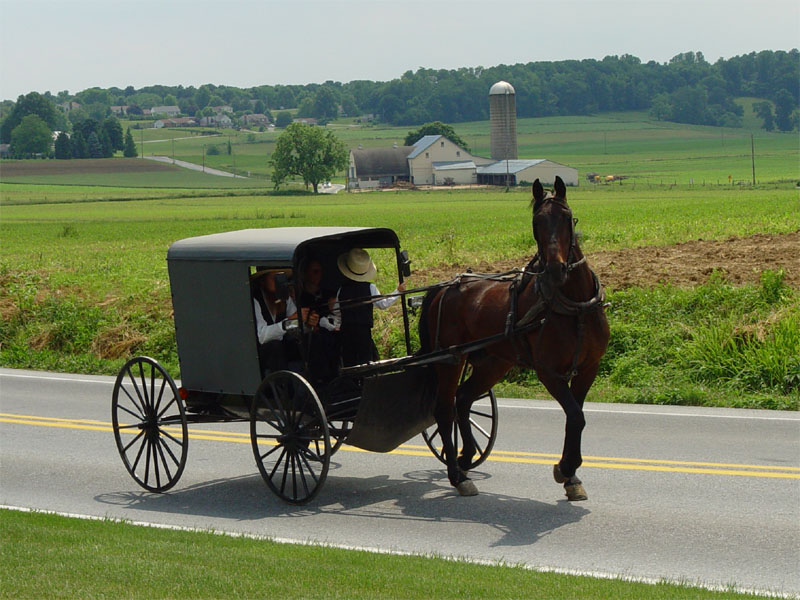Oh, I'm sorry, I should have supplied the reference.
This is from the Catechism of the Catholic Church:
"The Lord himself affirms that Baptism is necessary for salvation." (2,2,1, paragraph 1257)
That is our Scripture, so as such not open to abrogation.
"Baptism is necessary for salvation for those to whom the Gospel has been proclaimed and who have had the possibility of asking for this sacrament" (ibid)
Here the is room for movement, as it were: necessary for those whohear the Word and are capable of making a moral choice. As many are precluded from the former, and children are from the latter, one might argue that baptism is not a condition of children entering heaven.
"The Church does not know of any means other than Baptism that assures entry into eternal beatitude."
Again, Christ insisted, more than once, on the necessity of baptism.
"God has bound salvation to the sacrament of Baptism, but he himself is not bound by his sacraments." (ibid)
Self-evident. God is free to baptise whomsoever He wills, which we call 'baptism in the spirit'
"Since Christ died for all, and since all men are in fact called to one and the same destiny, which is divine, we must hold that the Holy Spirit offers to all the possibility of being made partakers, in a way known to God, of the Paschal mystery." (paragraph 1260)
So the unbaptised are not excluded from paradise, but that is according to the will of God, it is not for us to refute the words of Christ.
"As regards regards children who have died without Baptism, the Church can only entrust them to the mercy of God, as she does in her funeral rites for them. Indeed, the great mercy of God who desires that all men should be saved, and Jesus' tenderness toward children which caused him to say: "Let the children come to me, do not hinder them" (paragraph 1261)
As SufiPhilosophy would say, that's cherry-picking. Context, as you say, is everything.
Only God, and the human heart can answer that.
The Primordial Sin, if you like, the sin of Adam and Eve, was disobedience. The result was mortality. As the Hebrew Scriptures say "But of the tree of knowledge of good and evil, thou shalt not eat. For in what day soever thou shalt eat of it, thou shalt die the death." (Genesis 2:17). They did, and thus that was their fate, a fate suffered by all humanity: "In the sweat of thy face shalt thou eat bread till thou return to the earth, out of which thou wast taken: for dust thou art, and into dust thou shalt return." (3:19)


